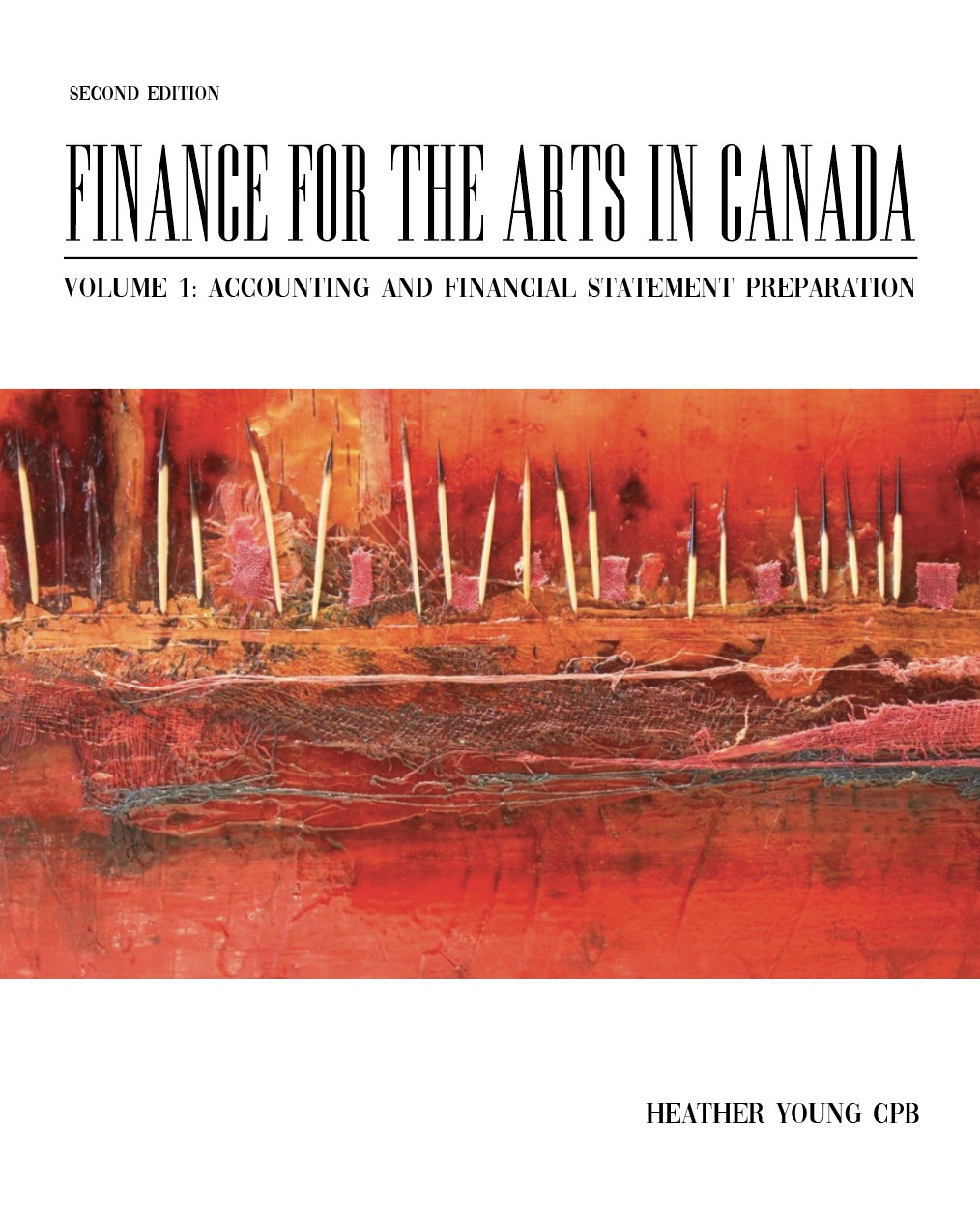- Home
- About Us
- The Team / Contact Us
- Books and Resources
- Privacy Policy
- Nonprofit Employer of Choice Award

 What motivates your participation in the charity world?
What motivates your participation in the charity world?
I think most not-for-profit workers would say it’s all about their passion for the cause—whether that be the arts, the environment, education, healthcare, human services, or any of the other splendid things we do. I feel lucky every day to work in a field where people are truly committed to making a difference.
But if management skills are lacking, ultimately no amount of enthusiasm can compensate. Financial acumen and a sound infrastructure can make the difference between sustainability and endless struggle.
Imagine a scenario where a potentially transformational new program is launched through the hard work and dedication of a group of founders. The idea gains traction, funds are raised, activities commence—but over time the new organization falters. Perhaps -
Any of these issues could precipitate a crisis or (even worse) a long, slow decline marked by donor attrition and HR problems. And, all of these problems should have been apparent from good financial reporting, read with insight.
Financial literacy is part of effective leadership
Many great causes have met a sad end due to flawed financial thinking or outright mismanagement. On the other hand, many seemingly modest or ordinary causes have prospered, thanks to skilled financial direction. This stark contrast highlights the critical role that financial literacy can play in the not-for-profit sector.
Finance is not just the responsibility of accountants, executive directors, and board members. Anyone charged with budget responsibility or interested in their organization’s strategic direction benefits by gaining fluency in this language.
When it comes to accounting and financial statement preparation, can you answer questions such as:
Or, related to financial management, have you considered:
Are you starting a new charity? Handling your own accounting but not happy about it? Working with a bookkeeper but wondering whether they’re doing a good job? A better understanding of financial systems and reporting will allow you to identify potential risks early on. By recognizing warning signs such as decreasing reserves or unsustainable spending, you can implement corrective measures, safeguarding your organization's long-term viability.
Executive directors, managers, board members and those who aspire to leadership roles can all benefit by improving their financial literacy—a powerful tool supporting informed decision-making, enhanced communication with supporters, long-term sustainability and greater organizational impact.
In a world where charity leaders are contending with growing needs and shrinking dollars, an investment in increased financial literacy will be a valuable asset in your pursuit of a brighter, more compassionate future.
Heather Young is the author of “Finance for the Arts in Canada – Volume 1: Accounting. & Financial Statements” 2nd Edition—a comprehensive textbook and self-study guide written in plain language with arts management in mind. “Volume 2: Financial Management” will be published January 2024.